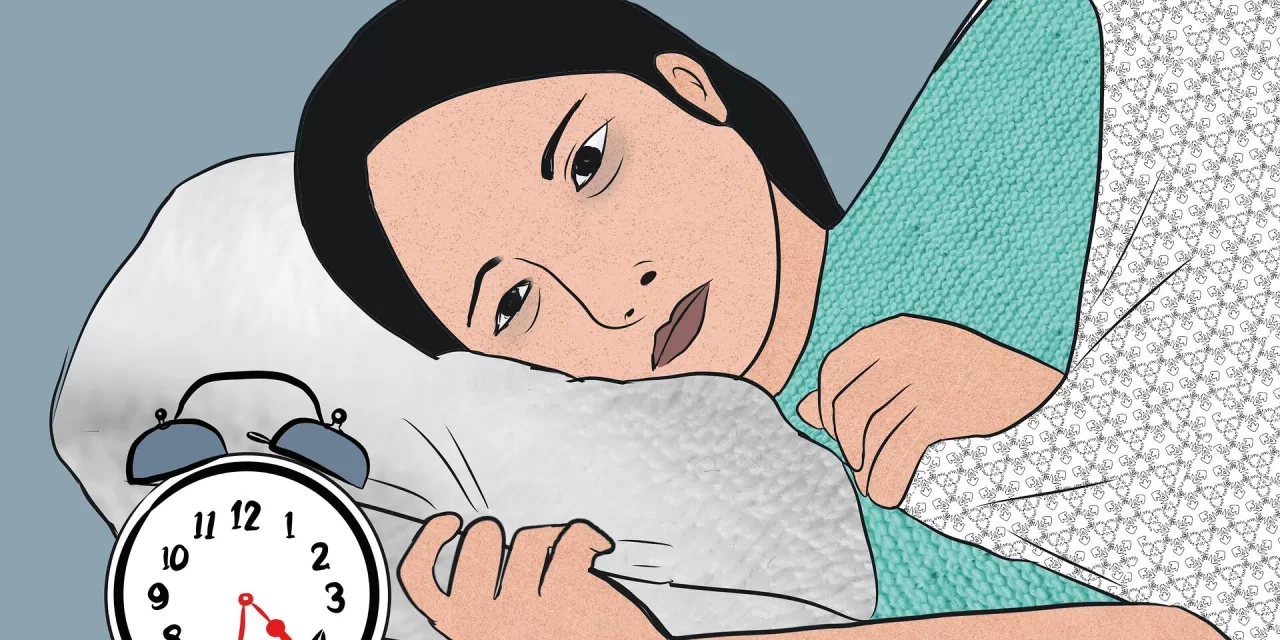Waco, TX — A recent study from Baylor University reveals that an additional 46 minutes of sleep per night can have profound impacts on mental and emotional well-being, fostering gratitude, resilience, and prosocial behaviors.
The study, titled “Gratitude, Flourishing, and Prosocial Behaviors Following Experimental Sleep Restriction and Sleep Extension,” was published in The Journal of Positive Psychology. Conducted by Baylor undergraduate Alexander Do for his Honors thesis, and supervised by Dr. Michael K. Scullin and Dr. Sarah Schnitker, the research investigates how slight increases in sleep can enhance well-being, exploring its impact on traits like gratitude, resilience, and life satisfaction.
From Negative to Positive: A New Framework for Sleep Research
While most sleep studies have historically focused on the harms of sleep deprivation, Do’s research shifts the narrative to examine how sleep improvement actively enhances well-being. “Alex did an excellent job coming up with a novel thesis idea,” said Scullin, the study’s principal investigator and an associate professor of psychology and neuroscience. By considering sleep as a source of flourishing rather than solely a preventive measure, the study introduces a fresh perspective within positive psychology.
Study Findings: Resilience, Gratitude, and More Flourishing with Extra Sleep
The research team monitored 90 young adults over a workweek, dividing participants into groups with varying sleep regimens, including extended sleep and restricted sleep. Those who received an additional 46 minutes of sleep showed notable boosts in resilience, gratitude, and overall life satisfaction. “People who increased their sleep felt more resilient, more grateful, and had a greater sense of purpose,” said Scullin.
Conversely, participants whose sleep was reduced by about 37 minutes experienced decreases in these same positive traits, reinforcing the link between even minor sleep changes and mental health.
Interestingly, these changes were not solely attributable to mood improvements, suggesting that enhanced sleep may influence well-being beyond immediate emotional states. Do explained that this additional sleep helps people “have a clear vision for life” and better cope with daily challenges.
Sleep’s Influence on Prosocial Behavior
The study’s findings extended beyond individual benefits, highlighting how well-rested people also exhibited more prosocial behaviors. Researchers observed that sleep contributed to more frequent expressions of gratitude and increased social engagement, which may influence positive community behaviors.
“If you induce feelings of flourishing, then people are more likely to engage in prosocial behaviors in helping others,” Scullin said. A related survey of 2,837 adults showed a correlation between quality sleep and charitable donations, indicating potential benefits of sleep for promoting social responsibility.
Implications for the Future of Well-being and Sleep Research
These findings underscore sleep’s importance for both personal and societal well-being. With sleep linked to positive outcomes like resilience and gratitude, the research suggests that even small lifestyle changes could have substantial impacts on mental health. Future studies could investigate how sleep interventions might foster flourishing communities.
For more information, refer to The Journal of Positive Psychology (DOI: 10.1080/17439760.2024.2394452) or Sleep Medicine (DOI: 10.1016/j.sleep.2024.10.007).












